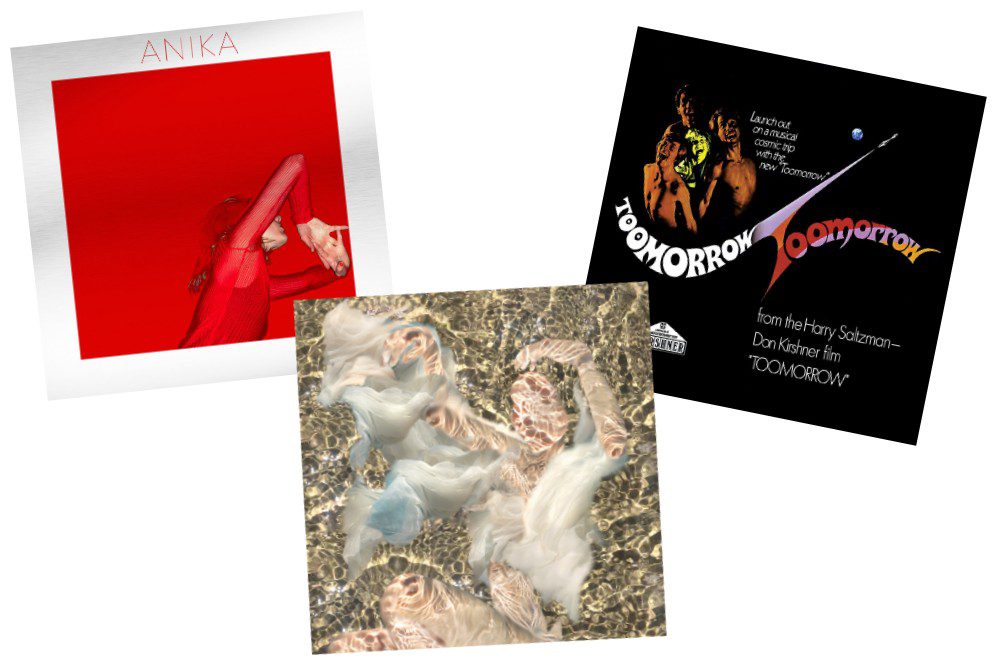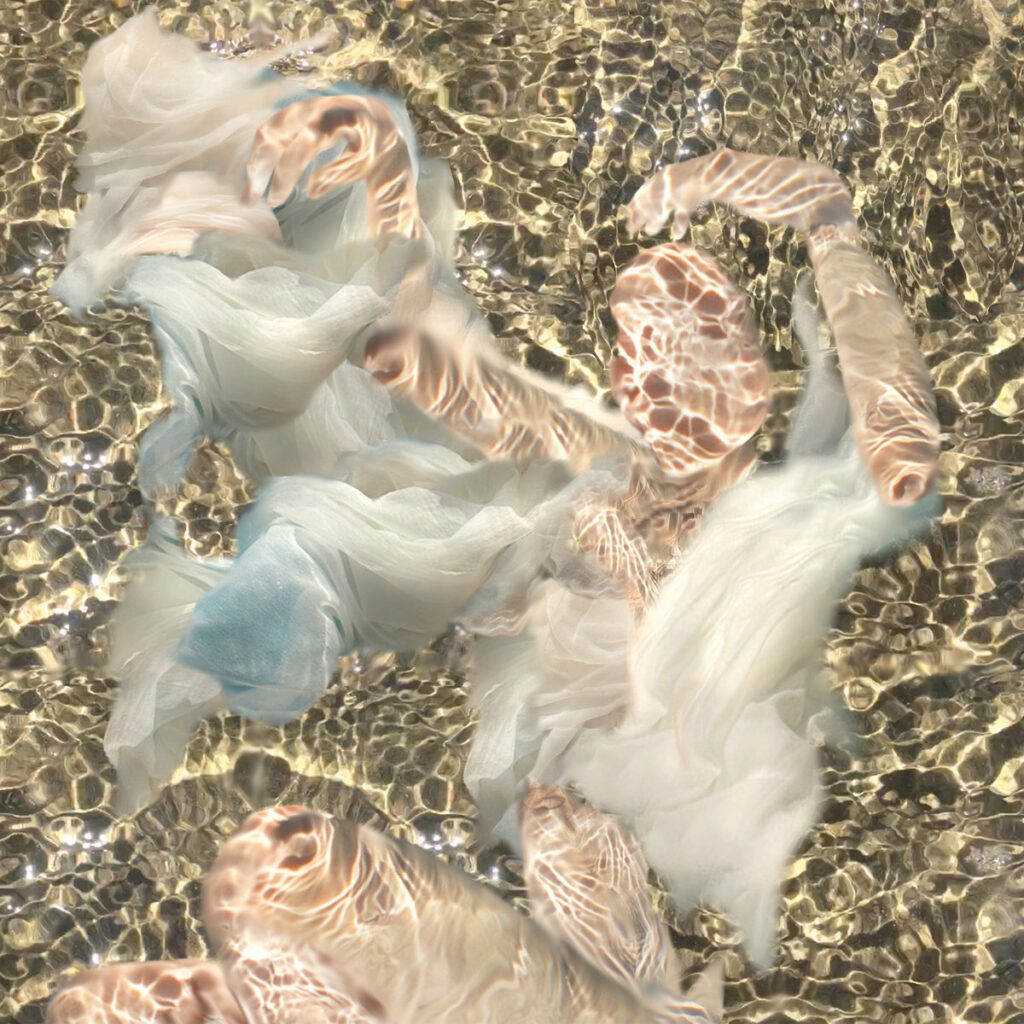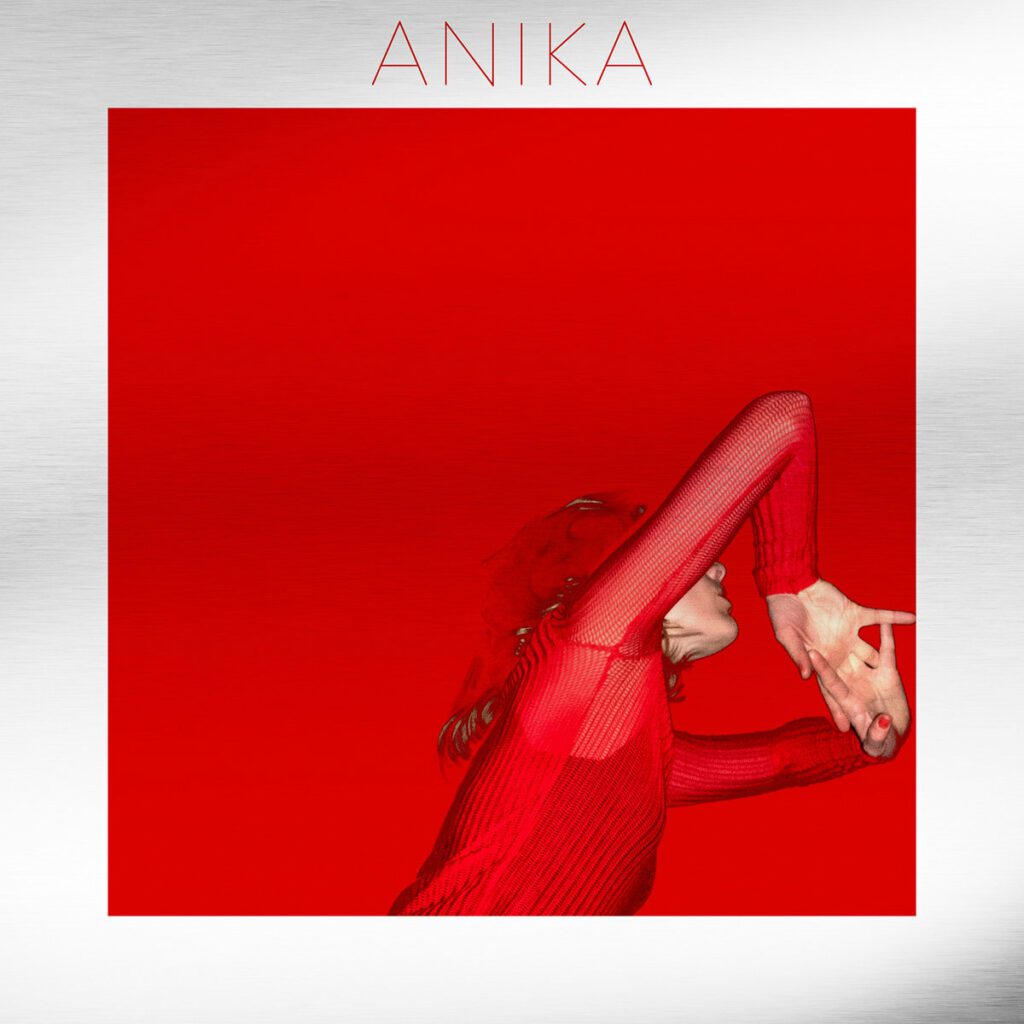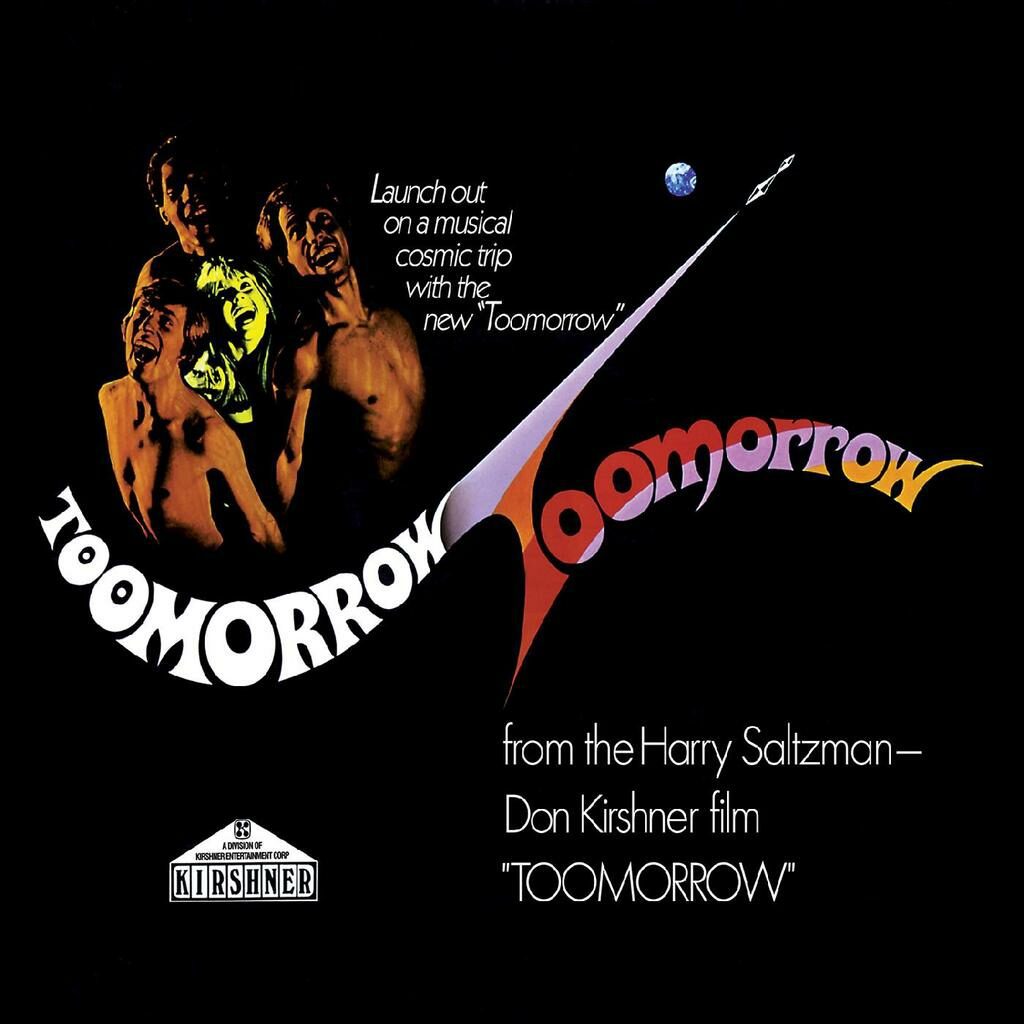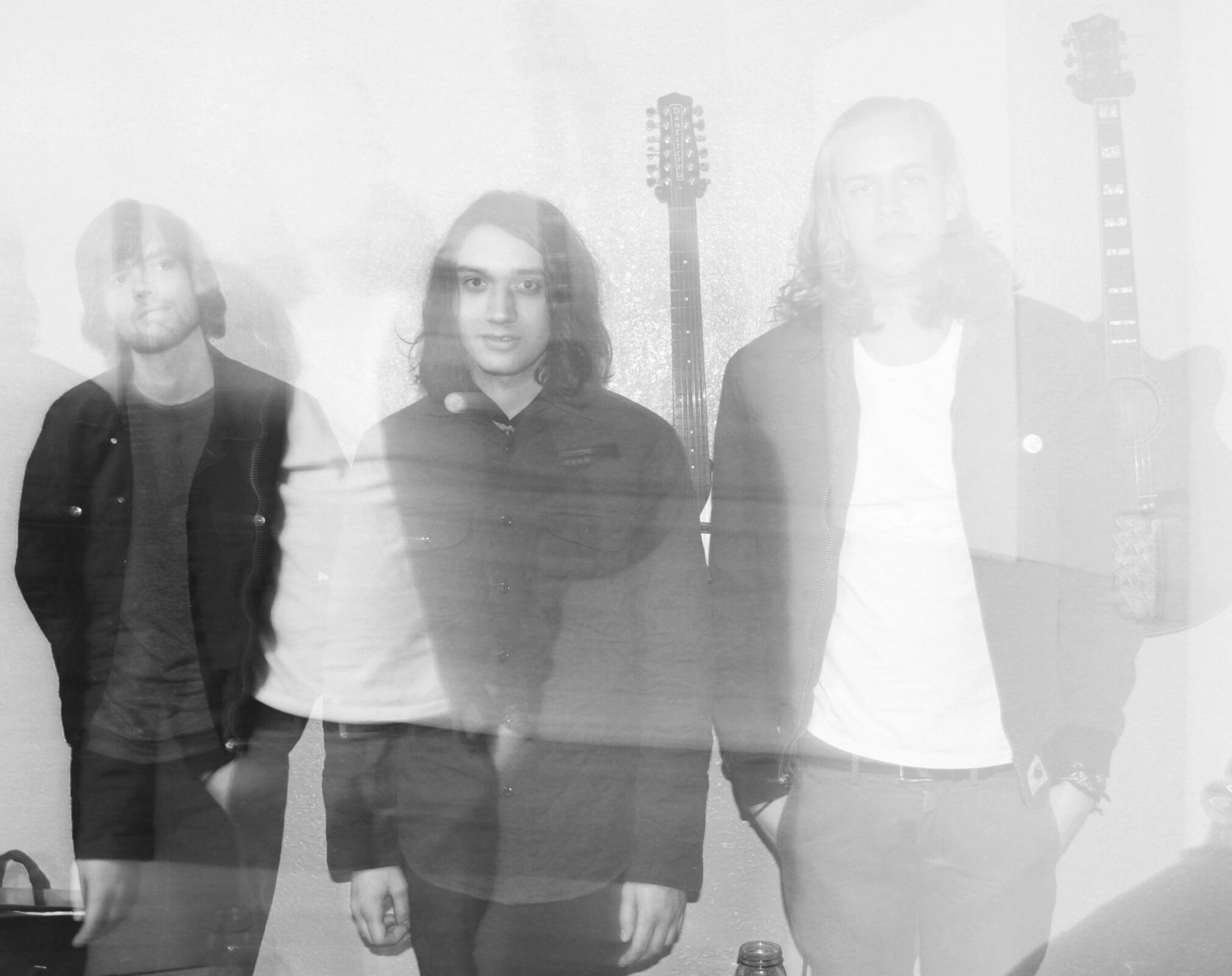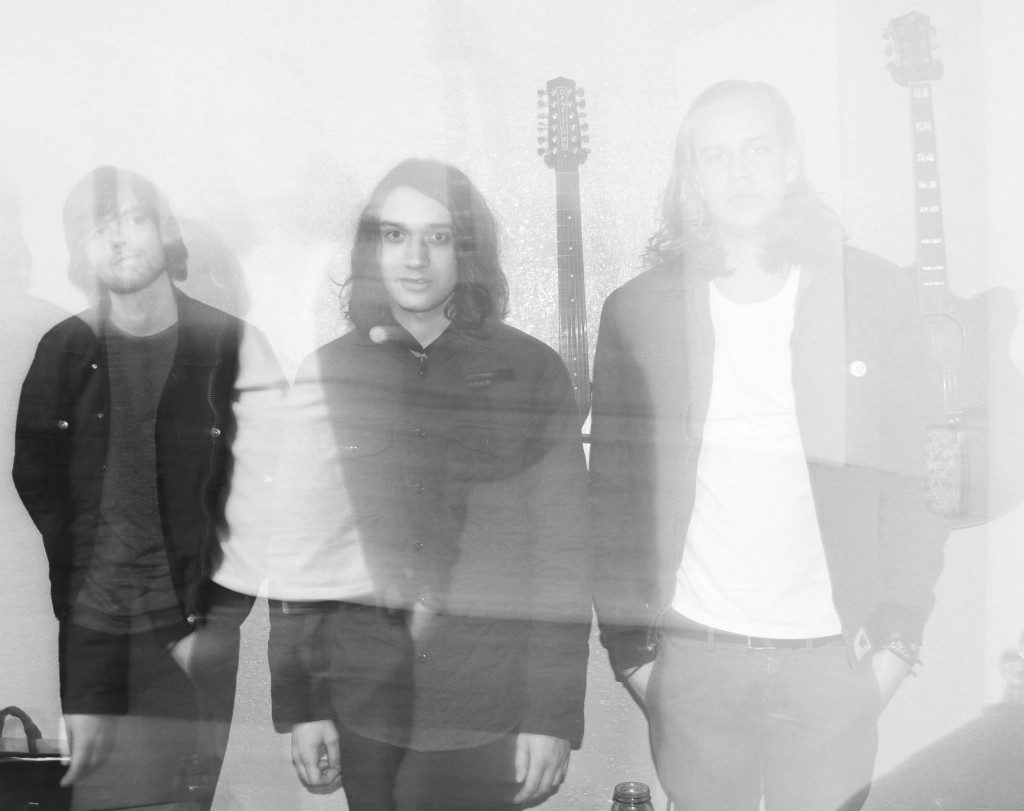Transformation, Rebirth, and Unsolved Mysteries Inspired Latest Marissa Nadler LP The Path of the Clouds
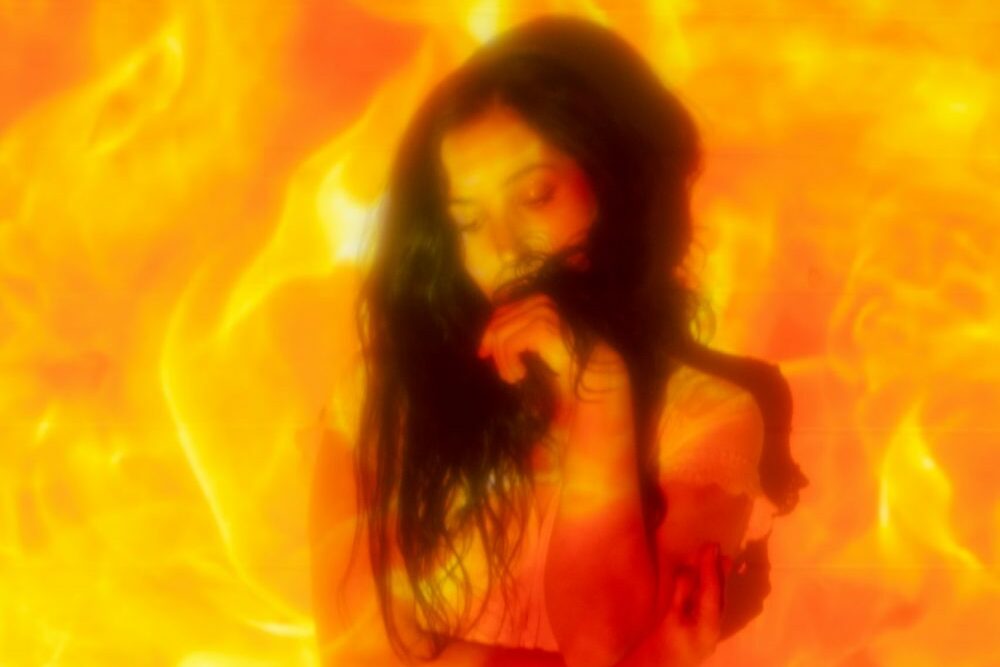
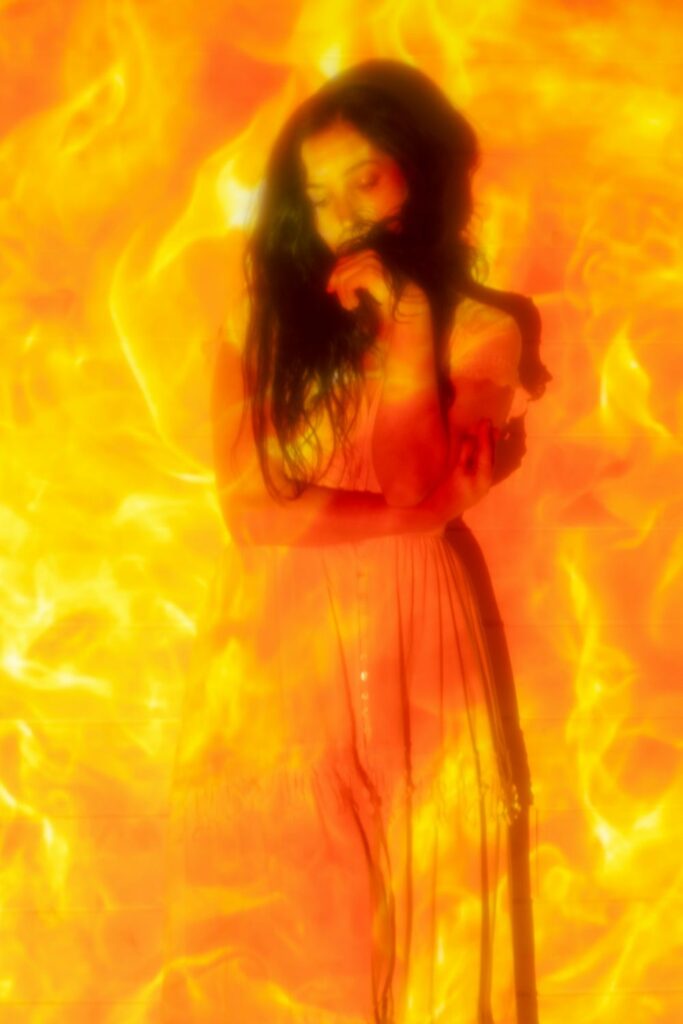
Marissa Nadler binged Unsolved Mysteries during lockdown. Among other things, obviously – the Boston-based “dream folk” songwriter took piano lessons, and wrote, recorded and produced her ninth solo album The Path of the Clouds, out October 29 on Sacred Bones/Bella Union. These activities are less unrelated than you might think, as the long-running true crime show inspired several songs on the record.
The implied brutality doesn’t track at first, set against the notion of Nadler’s sparse acoustic riffs, carried higher into the heavens by her now-iconic mezzo-soprano. She notes, though, that the stories that inspired her most were not necessarily the most violent, but rather, perhaps, the most mysterious: the ones of those who disappeared, never to be found.
“That concept of starting a life again was something I found very interesting, and personally related to,” she explains. “Just the concept that maybe if these people did make it, that they were able to recreate themselves. In some ways, I’ve gone through some transitions in my life that made the overlaps kind of clear.”
That idea of transformation, of being reborn, plays central to the record. Acclaimed for her brilliant guitar playing and haunting vocals over the course of her nearly twenty-year career as a songwriter, she’s got some consistently big shoes to keep filled. Music critics (perhaps worth noting, male critics) frequently ascribe the siren narrative to her: Pitchfork wrote in a glowing review for 2004’s Ballads of Living and Dying that hers was “the sort of voice that you’d follow straight to Hades,” and in a 2006 article, The Boston Globe said, “She has a voice that, in mythological times, could have lured men to their deaths at sea, an intoxicating soprano drenched in gauzy reverb that hits bell-clear heights, lingers, and tapers off like rings of smoke.”
Without projecting anything onto Nadler myself, I can imagine that such consistent, albeit well-deserved praise, praise evoking the divine, might weigh one down with a certain type of pressure to perform, to repeat successes. Which, I think, is what makes The Path of the Clouds not only special, but perhaps Nadler’s most impressive album yet. Her yearning for transformation, for definition on her own terms, shines through with the experimental risks she took not only in the lyricism itself, but in the scope of the instrumentation too; the album features piano, woodwind and synthetic elements, what she calls “a return to some of the spacy stuff that I’ve always liked,” i.e. the Pink Floyd records she grew up on. It’s ambitious and complex, evidence of an artist in constant evolution.
Despite the inherent anxiety and downsides, the pandemic offered her space to try new things time to be “very creatively fruitful.” Thematically, it strays from earlier work. “A lot of these songs are more about personal growth and change, instead of some of my early records, [which] were lovelorn, heartbroken,” she says. “There’s a lot less of that on this record, and more about a personal journey.”
Meanwhile, her experimentation with other instruments played into the LP’s different sound. Though her piano teacher Jesse Chandler ultimately played keys on the record, she wrote much of it on a piano. “If you’ve been playing an instrument like the guitar for a long time you get stuck, or you gravitate towards certain chord progressions,” she explains. “But when you sit at a piano, your fingers go to different places. Chord progressions that are harder to play on the guitar are easier on the piano, and little things like that gave a lot of melodic inspiration to me.”
We are left with eleven songs about “metamorphosis, love, mysticism and murder.” While the fresh instrumentation is best displayed with the sweeping grandeur of tracks like “Elegy,” the lyrical storytelling shines on the Unsolved Mysteries-inspired tracks. On “Bessie, Did You Make It?,” she asks just that: “Did you make it on your own?” She inverts the traditional murder ballad narrative, one where victim becomes survivor in a stunning journey of resilience. Similarly, the title track tells the story of plane hijacker D.B. Cooper who famously hijacked a Boeing 727 in 1971, escaped by jumping out and purportedly faking his own death. In Nadler’s hands, it becomes a tale of mastering your own fate and going out on your own terms.
In many ways, perhaps that’s what the pandemic offered Nadler: the chance to disappear and start over. And she did, subverting our expectations to give us something fresher, fuller. This didn’t just apply to her musical practice – a RISD-trained fine artist, she’s honing her painting practice and seeking gallery representation as a visual artist, training she’s also applying to her music videos, while also exploring the idea of film scoring, an intuitive next step for music so cinematic and rife with drama. Considering what the first twenty years of Nadler’s career have offered us, I look forward to what she brings us with the next twenty, with each reborn version of herself.
Follow Marissa Nadler on Facebook and Instagram for ongoing updates.



